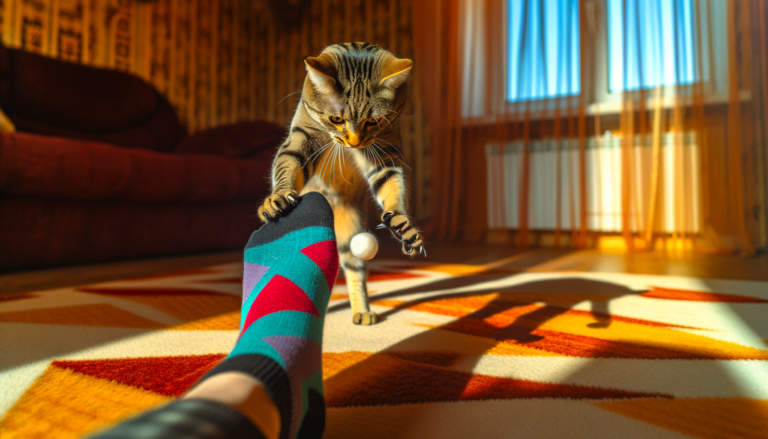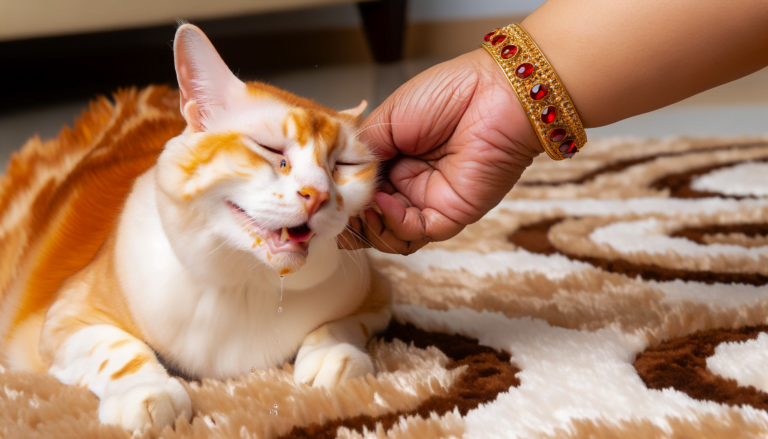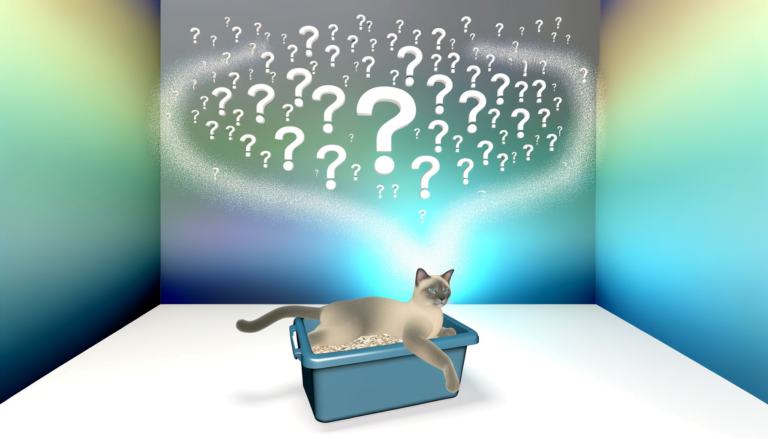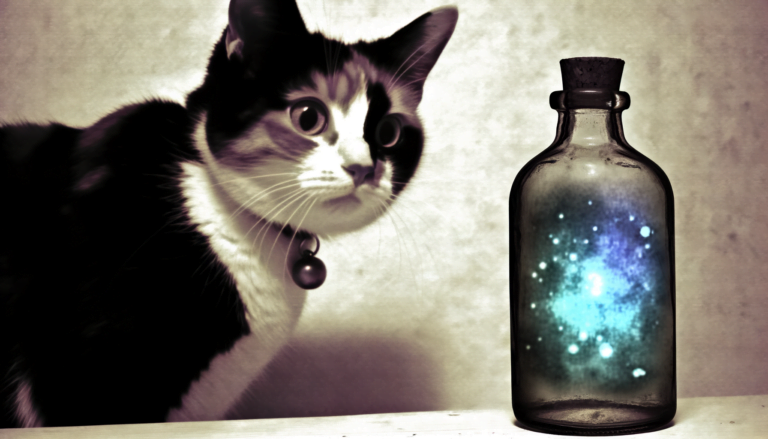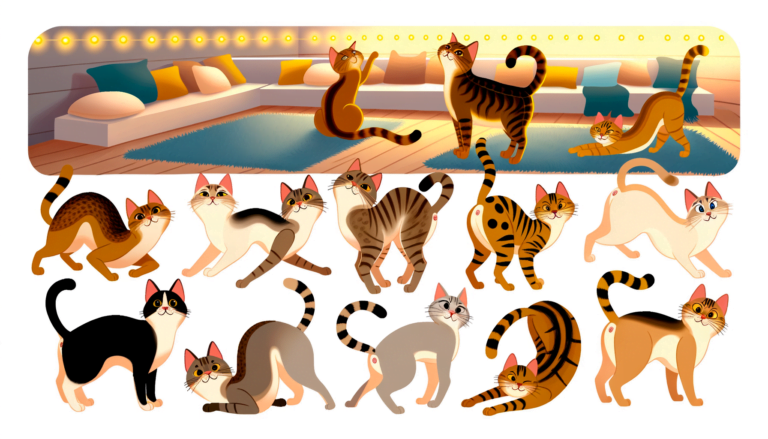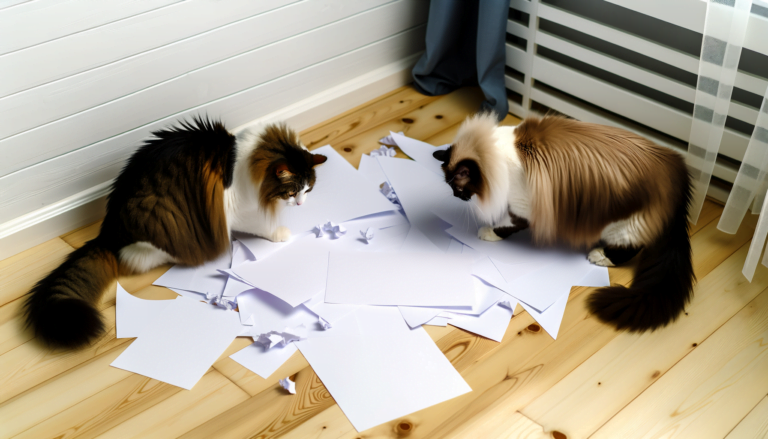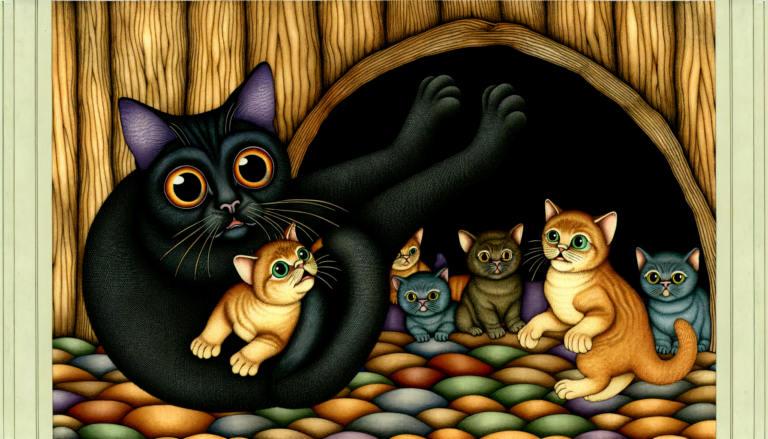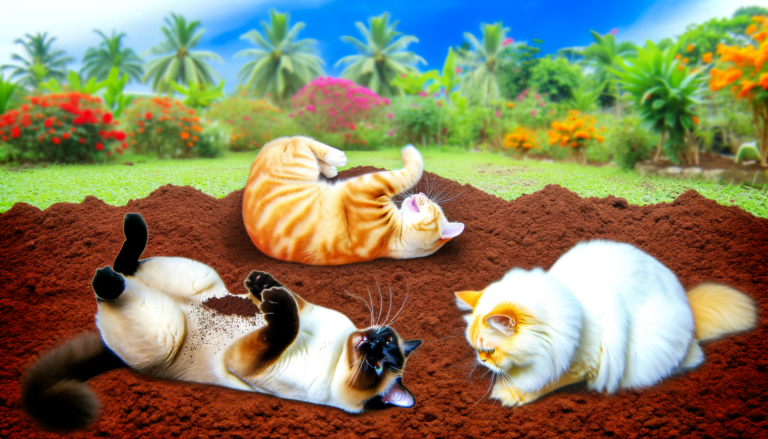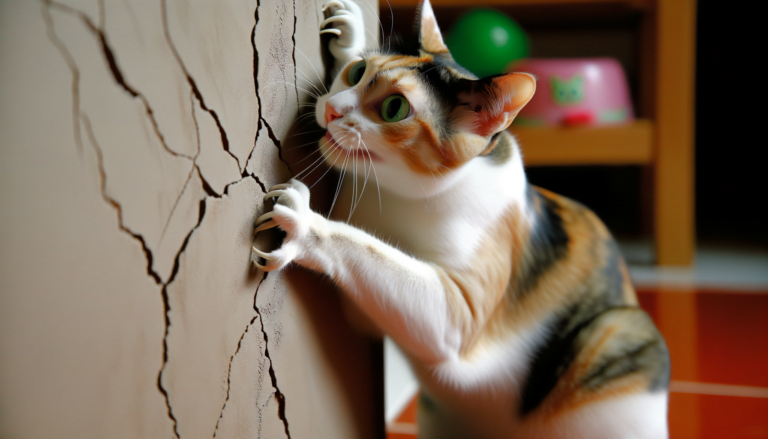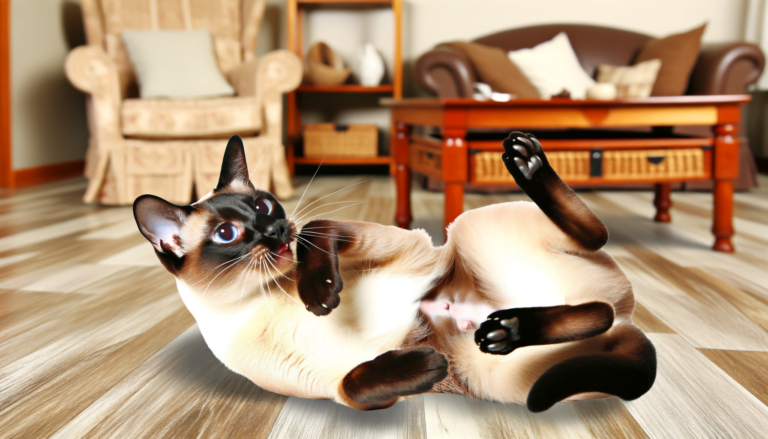Unveiling Feline Antics: Understanding Why Cats Pounce on Feet
Cats attack feet primarily due to their instinctual predatory behaviors. In the wild, cats are hunters, and your moving feet can trigger their innate drive to chase and catch prey. Additionally, in domestic settings, play and social interactions are often substituted for hunting activities. Therefore, to your cat, pouncing on your foot is not much different from catching a mouse or bird. It’s their way of interacting with their environment, practicing their hunting skills, and releasing pent-up energy. Understanding this behavior is crucial to providing a stimulating environment for your feline, one which caters to their natural instincts and keeps them active and healthy.
